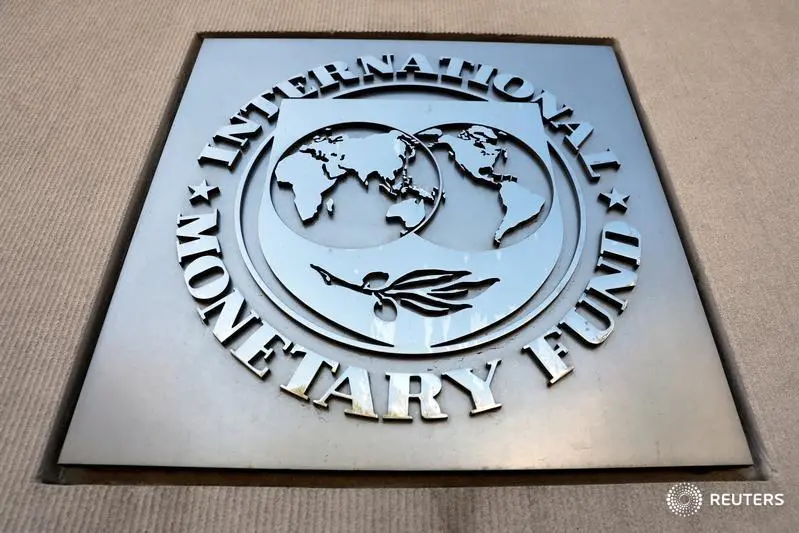PHOTO
Inflationary pressures stemming from currency depreciation may become a reason for Asian central banks, including the Bangko Sentral ng Pilipinas (BSP), to tighten monetary policy once again, the International Monetary Fund (IMF) said.
In a virtual briefing, IMF Asia and Pacific Department director Krishna Srinivasan said central banks in the region should not be overly dependent on what the US Federal Reserve does and instead focus on domestic inflation.
'If the exchange rate movements are leading to higher pass-through, then there might be a reason to tighten interest rates,' Srinivasan told reporters following the release of the IMF's Regional Economic Outlook report.
'But otherwise, just see what's happening to domestic inflation and tailor your policies accordingly,' he said.
The suggestion from the Washington-based multilateral lender comes as the peso continued to stay above the 57 to $1 level since April 16. The local unit closed at 57.76 to $1 yesterday, down by nine centavos from its previous close.
According to Srinivasan, the interest rate differentials between Asian central banks and the US Fed would likely continue to put pressure on currencies and create a dilemma for monetary authorities.
'Exchange rate volatility can be disruptive to the importers. In the short run, importers might not benefit from the exchange rate depreciation especially if they are locked into transacting in dollars and have to pay a higher price for imports from abroad,' he said.
However, the IMF official said central banks should focus on the fundamentals when faced with such volatility rather than focusing on expectations about US interest rates and the dollar.
'Asian countries are better placed to cope with exchange rate movements today owing to fewer financial frictions and better macro fundamentals and institutional frameworks, and should continue to allow exchange rates to act as a buffer against shocks,' he said.
The BSP opted to keep interest rates unchanged at a near 17-year high for the fourth straight meeting in April, maintaining the key rate at 6.50 percent. This was after the Monetary Board hiked borrowing costs aggressively by 450 basis points from May 2022 to October 2023.
'The Philippines is one country which has done very well. Growth is being resilient (and) inflation is coming down,' Srinivasan said.
Based on its April 2024 World Economic Outlook, the IMF slightly revised its gross domestic product (GDP) growth forecast for the Philippines to 6.2 percent this year.
This year's growth is higher than the 4.5 percent growth forecast for the entire Association of Southeast Asian Nations (ASEAN), a downgrade from the previous projection of 4.7 percent.
The Philippines is expected to be the fastest growing economy in the region, exceeding Indonesia's five percent, Malaysia's 4.4 percent, Thailand's 2.7 percent and Singapore's 2.1 percent.
For 2025, the IMF sees the Philippines still emerging as the fastest growing economy at 6.2 percent, up from 6.1 percent previously.
Inflation in the Philippines is expected to average 3.6 percent this year before easing further to three percent in 2025. Both projections are lower than the six percent inflation in 2023.
Copyright © 2022 PhilSTAR Daily, Inc Provided by SyndiGate Media Inc. (Syndigate.info).





















